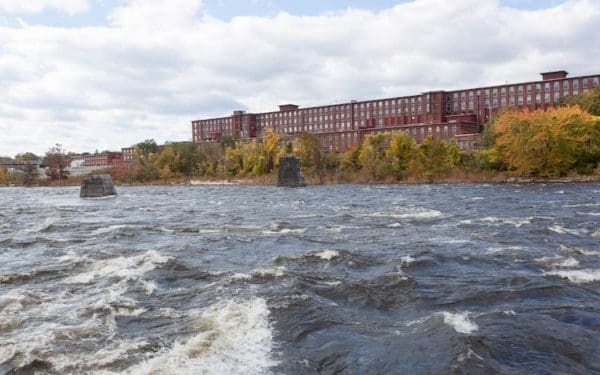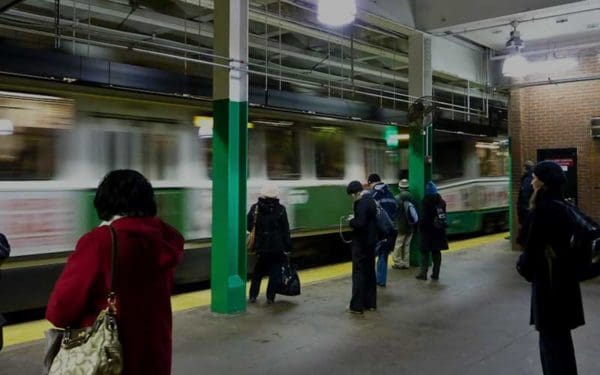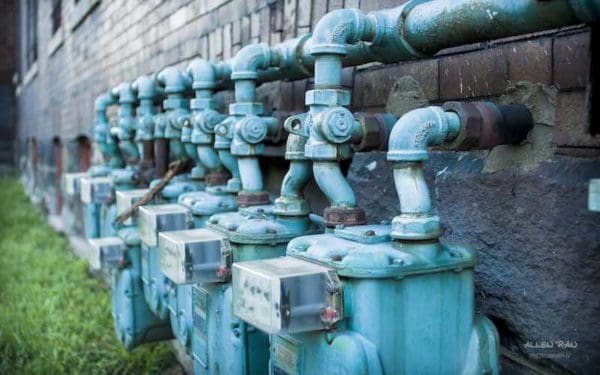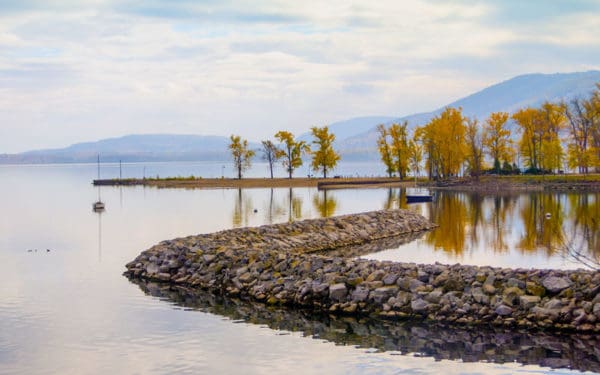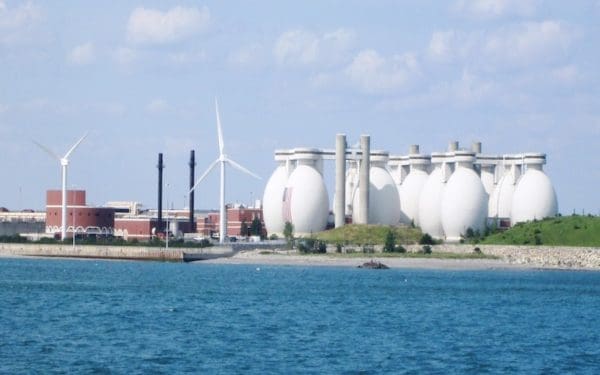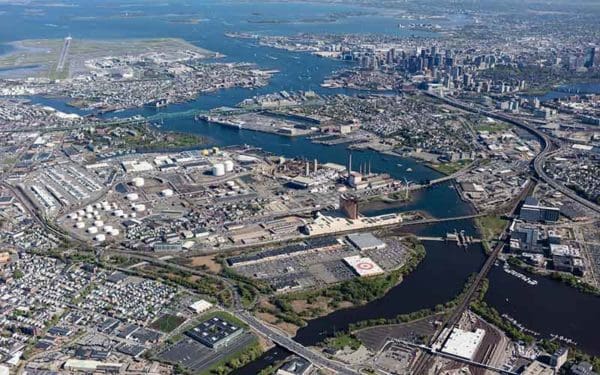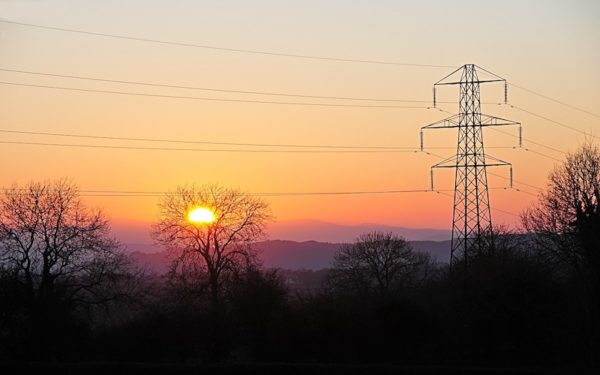Apr 07, 2022
“Idling vehicles spread toxic tailpipe pollution into some of Boston’s most vulnerable neighborhoods – communities already overburdened with harmful emissions and asthma,” said Heather Govern, Vice President of Clean Air and Water at CLF. “CLF’s settlement with Paul Revere will promote a healthier Roxbury by reducing excessive idling and by supporting urban farming and green spaces.”
Apr 04, 2022
address Clean Water Act violations at its nylon manufacturing facility in Manchester, NH. The company’s wastewater and stormwater discharges are polluting the Merrimack River with toxic chemicals and heavy metals.
“Communities and wildlife depend on a clean and safe Merrimack River, and Nylon is contaminating it with toxic pollutants,” said Erica Kyzmir-McKeon, CLF staff attorney. “The company is breaking the law, and it must be held accountable for these Clean Water Act violations immediately. Each day that passes means more harmful pollution is flowing into the Merrimack, and this is completely unacceptable.”
Mar 28, 2022
“Dangerous tailpipe pollution worsens the climate crisis and threatens public health,” said CLF staff attorney Shannon Laun. “First Transit is ignoring important laws designed to curb these emissions, and it’s time they are held responsible. This company must stop poisoning the air in the communities in which they operate.”
Mar 21, 2022
“It’s hard to overstate how significant and historic this day is,” said Bradley Campbell, President of CLF. “The long-delayed Green Line extension will finally unlock transportation access for thousands of people who previously had few options to get to work, school, or necessary appointments. While we celebrate today, it’s important to note that the work isn’t done, and we’ll continue to push for environmental review of the extension of the Medford branch to Route 16.”
Mar 18, 2022
“In the face of the climate crisis, gas companies are wasting precious time in attempting to keep their outdated business model going,” said Caitlin Peale Sloan, Vice President of CLF Massachusetts. “The simple fact is that there’s no such thing as climate-friendly renewable gas and burning gas in homes is not compatible with the clean energy future that Massachusetts law demands. Our state leaders must begin planning for a transition away from gas, and that should begin with an unbiased look at what will actually solve the climate crisis.”
Mar 16, 2022
“The ongoing turf war between these two state agencies is harming water quality in Vermont,” said Elena Mihaly, Vice President of CLF Vermont. “Farmers have made great progress reducing pollution from their properties, but that progress is being hindered by this irreparable bureaucratic conflict. The Agency of Natural Resources should be solely responsible for overseeing the Clean Water Act, and we’re asking the EPA to make sure that happens.”
Mar 02, 2022
“Pollution from cars and trucks chokes our communities and worsens the climate crisis,” said CLF attorney James Crowley. “The science is clear: the only way to reach our climate goals is by drastically curbing transportation emissions, and fast. This new rule must be allowed to stand, and we look forward to helping defend it in court.”
Feb 23, 2022
“Boston’s coastal waters are at risk of dangerous, toxic pollution,” said Heather Govern, Vice President of Clean Air and Water at CLF. “The public spent millions to clean up Boston Harbor decades ago, and sustaining that incredible progress requires MWRA get serious about doing its job properly.”
Feb 22, 2022
“Schnitzer needs to prioritize stormwater management and end this harmful and dangerous pollution,” said Heather Govern, Vice President of Clean Air and Water at CLF. “Every day that passes without proper controls, toxic runoff contaminates waters that people depend on for drinking and recreation. It’s time this billion-dollar company complies with the law.”
Feb 21, 2022
“The PUC made the right call today,” said Chase Whiting, CLF Vermont staff attorney. “Allowing GlobalFoundries to skirt the state’s climate laws would set us back years in reaching our pollution reduction goals. This would be nothing more than an illegal loophole for a wealthy corporation, and officials saw right through it.”


